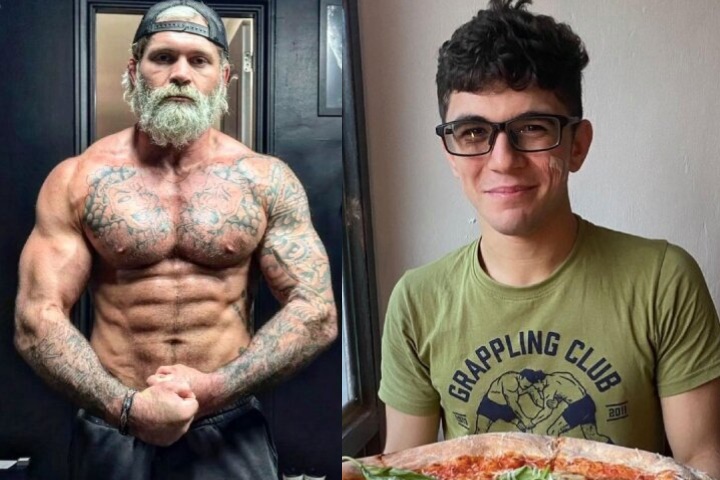ADCC champion Gordon Ryan sparked a debate following a video post where he echoed UFC president Dana White’s controversial views on men and emotional expression. In the video, White dismissively remarked about not wanting to discuss his feelings, suggesting that men should keep their emotions to themselves. Ryan expanded on this by harshly criticizing those who seek therapy or publicly discuss their mental health, labeling them derogatorily and dismissing the idea of paying for therapy as absurd. He insisted that men should exhibit stoicism at all times.
Ryan stated:
In an America where another soft man is born daily, where a complainer arises every second, just stfu and do what you gotta do until you can no longer do so. It’s that simple.
In his comments, Ryan also defended White’s action of slapping his wife, contradicting White’s own admission of regret and his commitment to never repeating such behavior. Despite Ryan’s harsh stance on sharing emotions, he admitted to his own struggles with a chronic illness that has significantly impacted his mental health, revealing moments of self-harm thoughts. Yet, he maintained that discussing these issues should be confined to a close circle rather than with therapists or online.
Interestingly, Ryan frequently shares various personal grievances on social media, ranging from past romantic rejections to customer service disappointments, which contrasts with his public statements about emotional restraint. While some, like Hollywood’s Mario Lopez, support his views, others, including his mentor Tom Deblass, have expressed disagreement.
The discussion also ties into comments from journalist Abigail Shrier on the Joe Rogan podcast, where she argued that therapy could weaken men by encouraging too much focus on problems. However, this overlooks the benefits of therapeutic approaches like cognitive-behavioral therapy (CBT), which helps individuals manage their thoughts and behaviors to improve mental health, typically in a structured, time-limited manner. Contrary to Shrier’s claims, acknowledging emotional challenges and seeking support is crucial for resilience and well-being, not a sign of weakness.
Mikey Musumeci is one of the most successful Brazilian Jiu-Jitsu athletes today. However, he had to push through a lot of obstacles along the way to get here; including depression.
Mikey shared a part of his story in an interview with Fightlore Official:
I moved a lot as a kid and lived in, like, 11 different homes. So, it was definitely hard making friends when you move so much.
I pretty much battled depression my whole life also, so those are pretty much the hardships I’ve dealt with – and Jiu-Jitsu helped me so much to overcome those things.I’ve always just felt a little different than the other kids I was around, you know? So I always just wanted to fit in and feel normal. So, it definitely was hard for me growing up feeling that.
That, I guess, helped me with Jiu-Jitsu because it made me just work harder. And I was able to enjoy Jiu-Jitsu, so that helped me through my depression.
The debate touches on broader issues regarding the handling of mental health, particularly among men, highlighting a divide between advocating for stoicism and recognizing the human need for emotional support and professional guidance.
View this post on Instagram

















